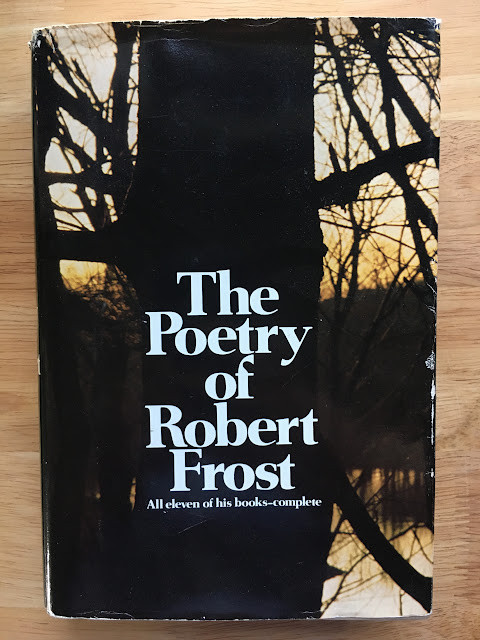Books about the oil sands, farming, and poetry
Ducks: Two Years in the Oil Sands by Kate Beaton (TW: sexual assault)
This graphic novel was deeply moving, sparsely but gorgeously illustrated, and very, very emotionally taxing to read. It traces the narrator's two-year journey to pay off her college debt by working in the Alberta tar sands to extract oil. The first part of the book, where she was working in an isolated camp, is particularly harrowing, recounting the sexism that endangered her at every turn, from her coworkers ogling her to her experiences of date rape. Through her spare but gorgeous storytelling, she explores the questions: how do terrible environments push people to the point where they do things they would never do at home? How do you survive and find community anyway? How do you deal with the cognitive dissonance of believing that the work you're doing is hurting the world? How do you even begin to process the trauma you're going through if no one will talk about it? And how do you deal with all of that while feeling that all the outside forces are watching and waiting for you to fail?
It's quite an emotional journey, one that has no easy answers, and does not end tied up prettily with a bow. Highly recommended.
American Harvest: God, Country, and Farming in the Heartland by Marie Mutsuki Mockett
This is the story of the author, a journalist trying to reconcile what she understands of rural America with her perceptions as a liberal city-dweller. She accompanies a wheat-harvesting team as they start the season in Texas and move with the spring up to Idaho, harvesting fields and meeting interesting locals along the way. She travels with the group, helps with the harvest, and focuses on immersing herself in the culture along the way, her questions drawing her more and more to churches and to Christianity.
The book was engaging and the writing itself evocative and lovely, but I found myself getting restless the longer the story went on, hoping that she would start to pull together some of the threads of what she'd observed rather than simply laying them out in pieces for the readers to assemble on their own. There's nothing wrong with this kind of writing, but I often found myself wishing for more of her thoughts, rather than just her narration of what happened. In the end, she quit the crew because she felt her presence there was causing tension between the workers, but she leaves the story open-ended, making readers wonder how the trip affected her in the end. I think that the open-endedness is the point, but I still felt a bit disappointed by it.
The Poems of Robert Frost
I got this book for Christmas last year, and finally finished reading it in August! I had no idea the breadth of poems that Frost wrote, especially the theological plays he wrote near the end of his career. He's a classic for a reason!
Previously on What I've Been Reading:
All What I've Been Reading posts
~~~



No comments:
Post a Comment